On Saturday, January 31st the NVHS Forensics team headed to the Golden Plains Invitational Forensics Tournament. Our team consisted of juniors Trista Smith and Maddie Wilder and Freshman Levi Black.
All our students made it into to the final round!
Maddie and Levi went in Improvised Duet Acting and placed 5th.
Maddie with Prose placed 6th.
Trista with Informative Speaking placed 3rd then with Prose placed 5th.
Trista and Levi with a Duet placed 6th.
Levi with Impromptu placed 4th, which qualifies him for state festival!
Congrats to all our NVHS Huskies on a successful day!
All our students made it into to the final round!
Maddie and Levi went in Improvised Duet Acting and placed 5th.
Maddie with Prose placed 6th.
Trista with Informative Speaking placed 3rd then with Prose placed 5th.
Trista and Levi with a Duet placed 6th.
Levi with Impromptu placed 4th, which qualifies him for state festival!
Congrats to all our NVHS Huskies on a successful day!

Hey Huskies!! Here is your weekly Agenda... The Last HOME JH BB game of the season is Thursday night!! Let's pack the house! HS BB starts league tournament this week. We will get updates posted after play concludes each day. Have a great week!!
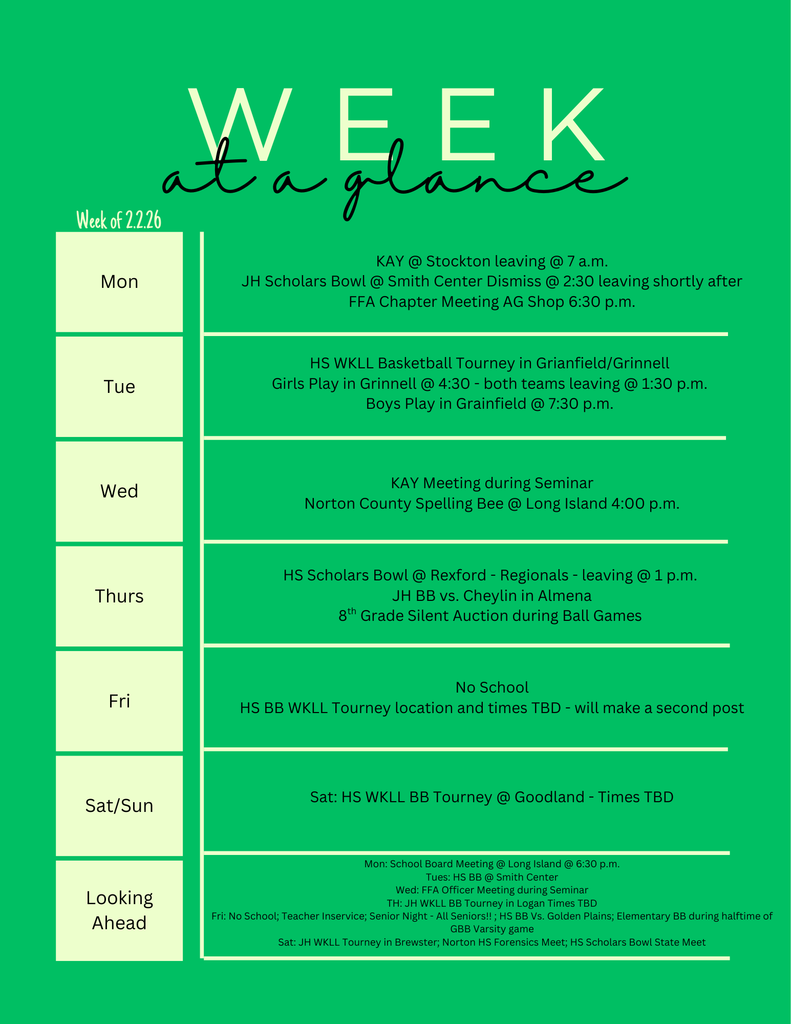
The carpentry class girls have been hard at work refinishing the flower boxes out front by the elementary school. They look great and are ready to have flowers planted in them later this spring!
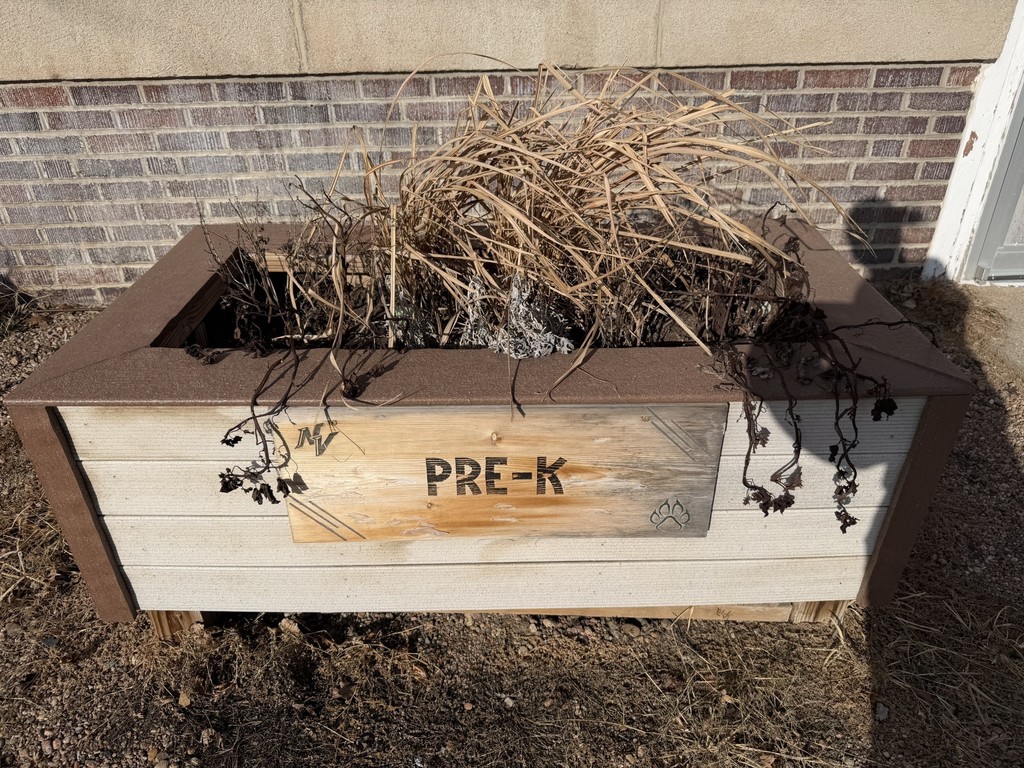
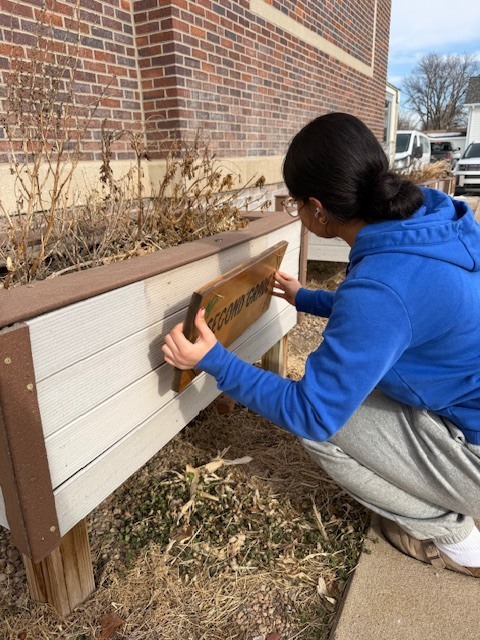
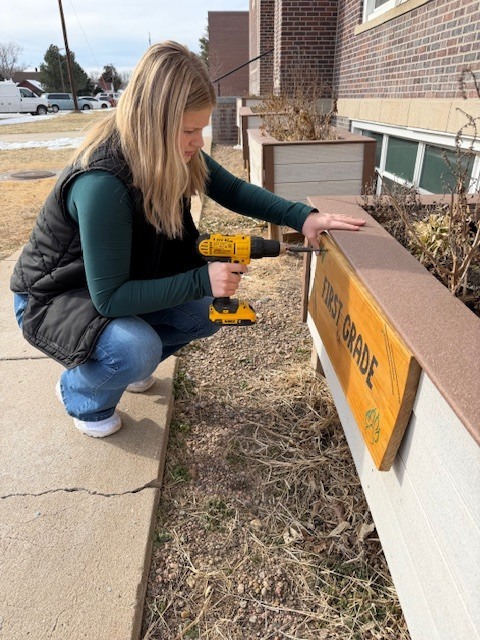
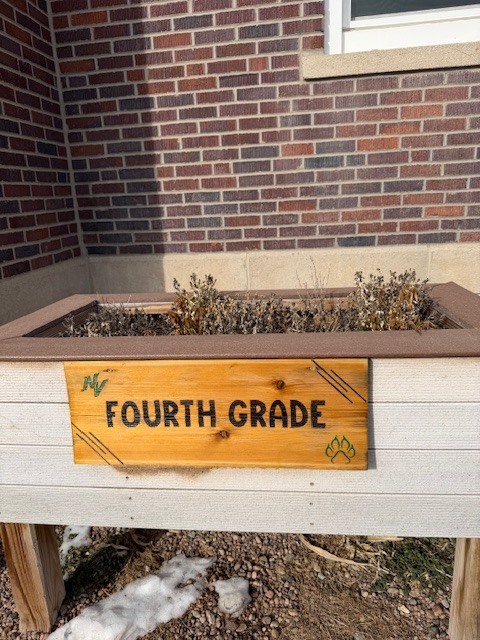
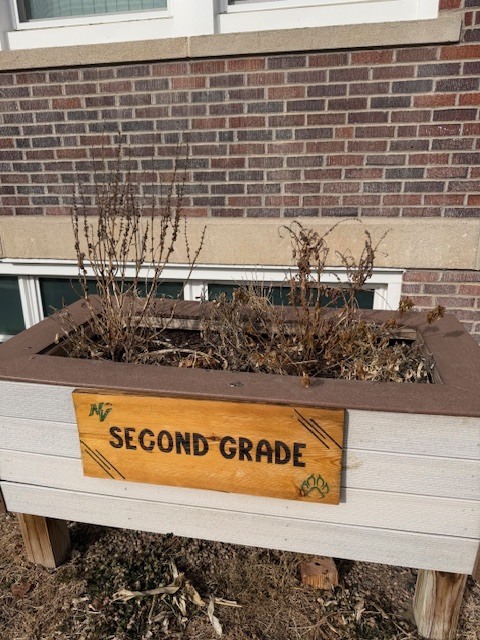
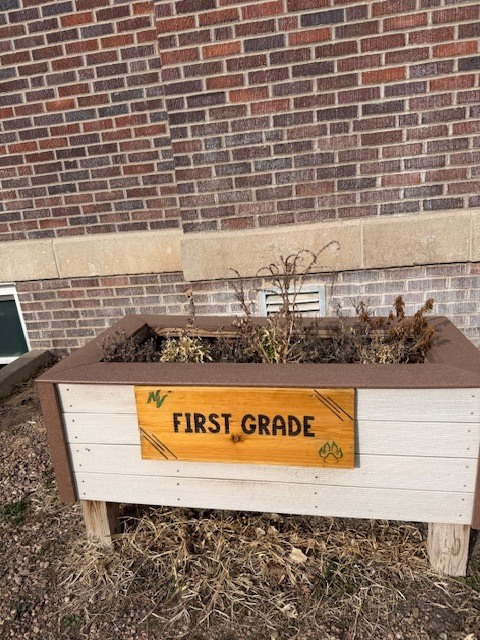
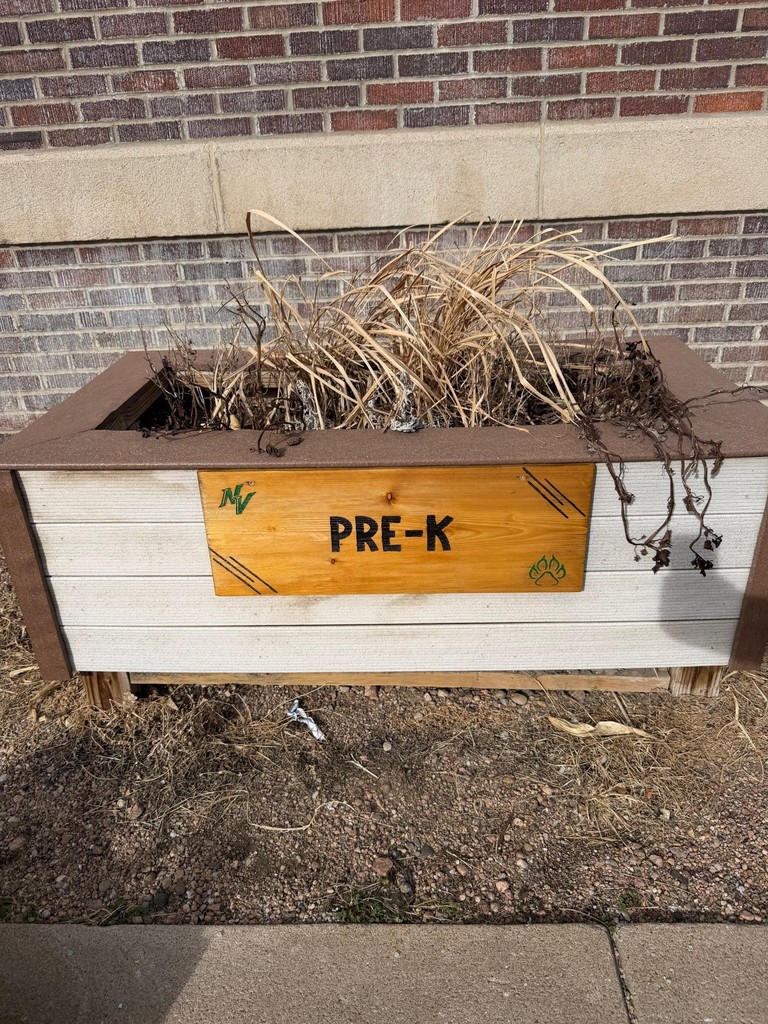
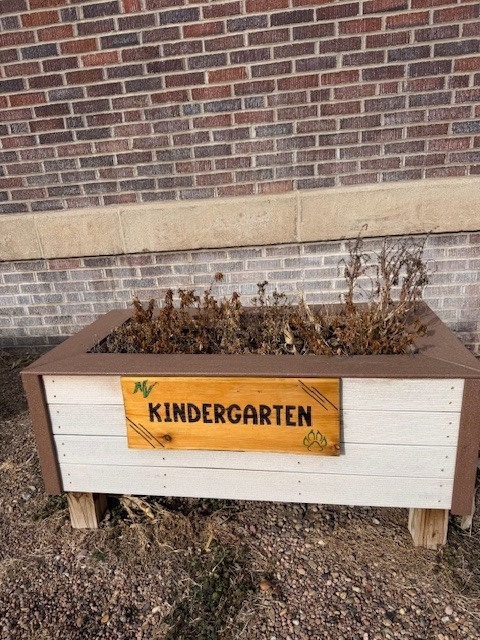
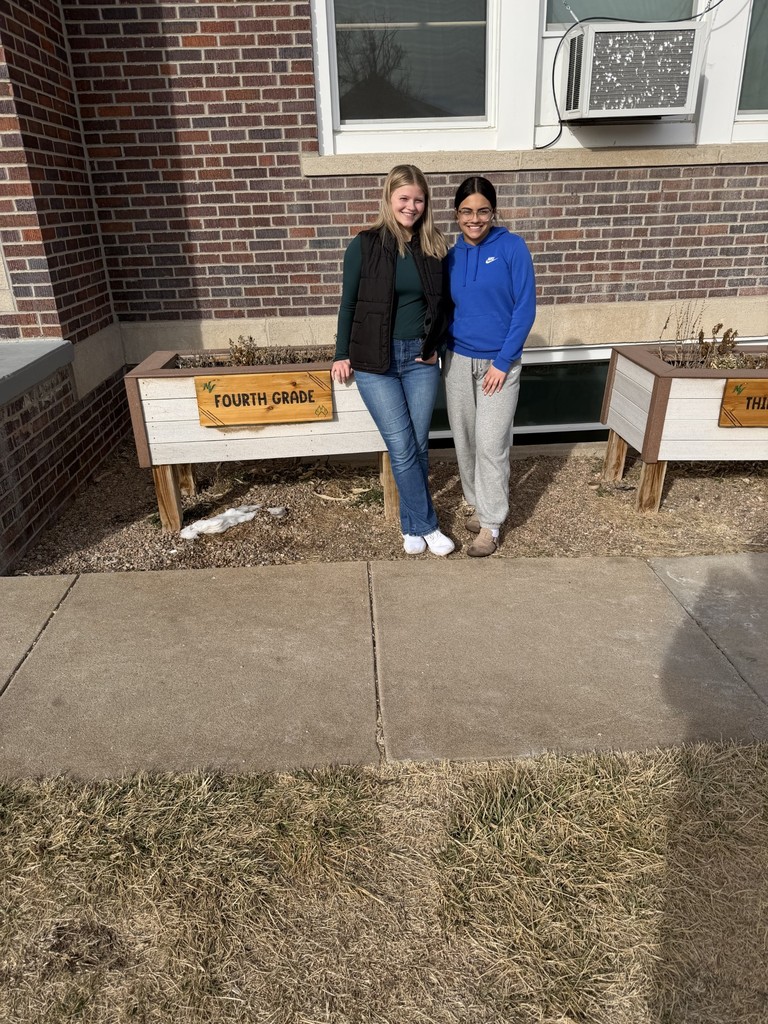
Hey Huskies!! Here are your High School WKLL Basketball Brackets. We are excited to start League play and kick off the week next week Tuesday night! GO BIG GREEN!
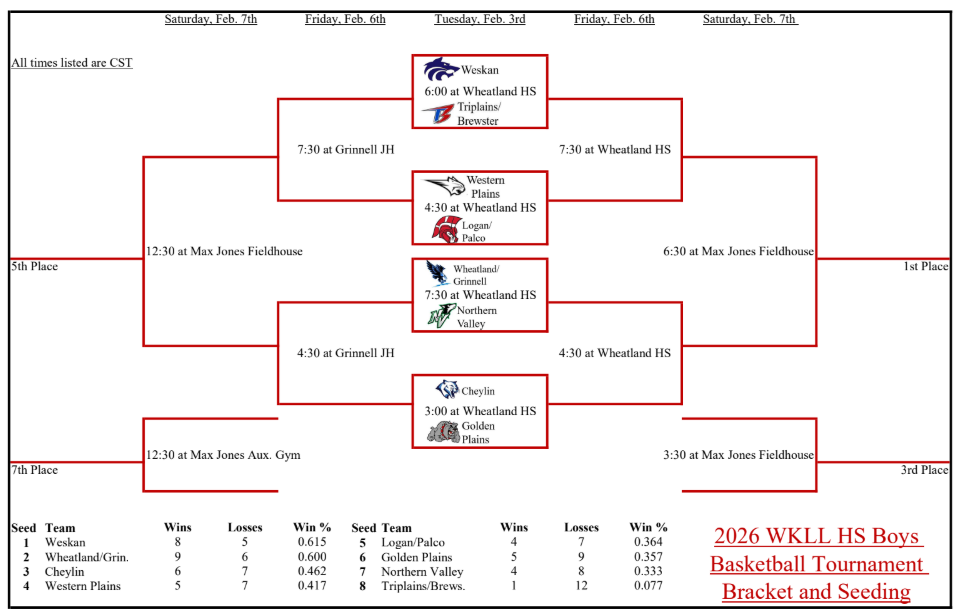
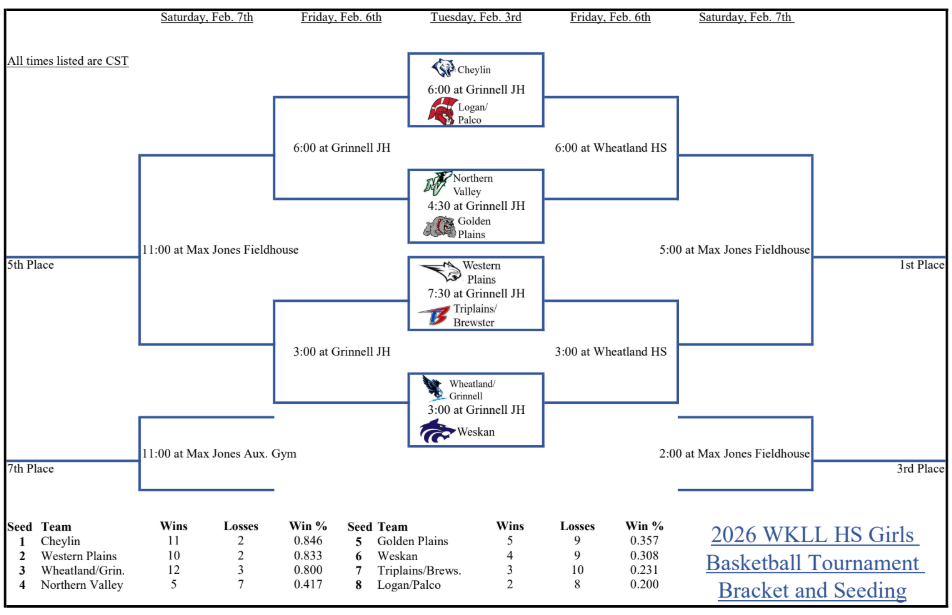
Soup Supper update!! Here is information from Post Prom!! Please join us Friday night and enjoy their Baked Potatoes and variety of Soups and Desserts!!!

Hey Huskies!! Here is our weekly agenda. We have a few changes to the week because of the postponement of the Logan/Palco HS BB Games last week. I will be doing a separate post after we decide on the date for the Elementary Dance Performance. Please reach out if you have any questions!
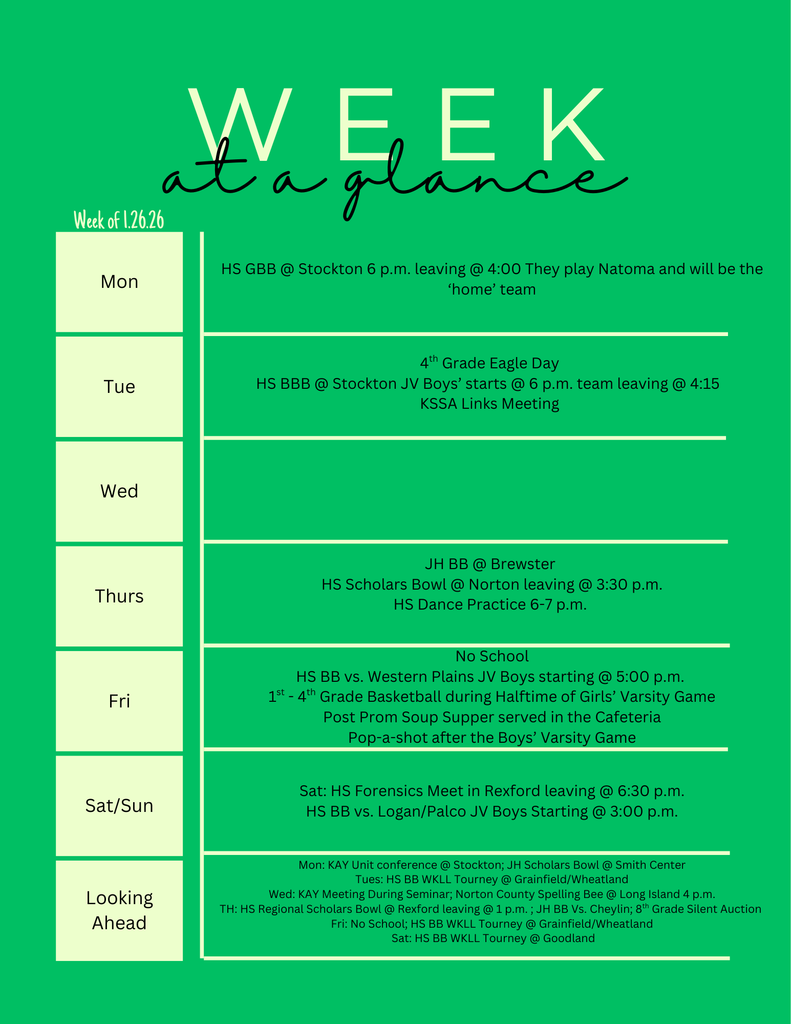
Hey Huskies!!
JV Boys will start tomorrow @ 3, Varsity Girls will start @ 4 and Varsity Boys will start @ 5:30.
With the adjustments in time for the HS BB Games tomorrow I thought I would re-share the elementary night adjustments. If we have a very small number of kiddos, we will plan on having another Elementary night next week.
Post Prom Soup Supper is also postponed until next Friday's game. Kids will need to have desserts to the school on 1.30.26.
Thank you for your flexibility!! Let's hope for some safe moisture tomorrow!!
GO BIG GREEN!!!
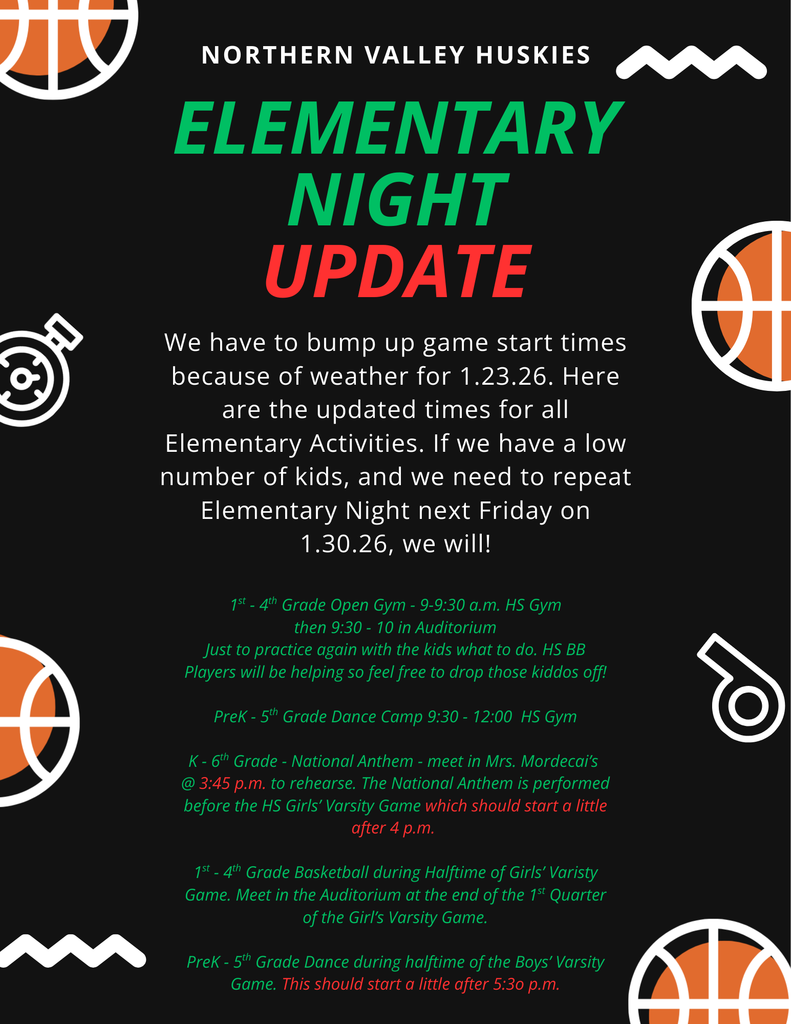
The varsity Husky scholars bowl team placed 2nd at the WKLL tournament! The Huskies were 8 and 1 on the day, with their only loss to Heartland Christian (45 to 30), who also went 8 and 1 in the tournament. Scoring for the Huskies: Griffin-240; Audrey-30; Iris-20; Conner-20; Trista-10.
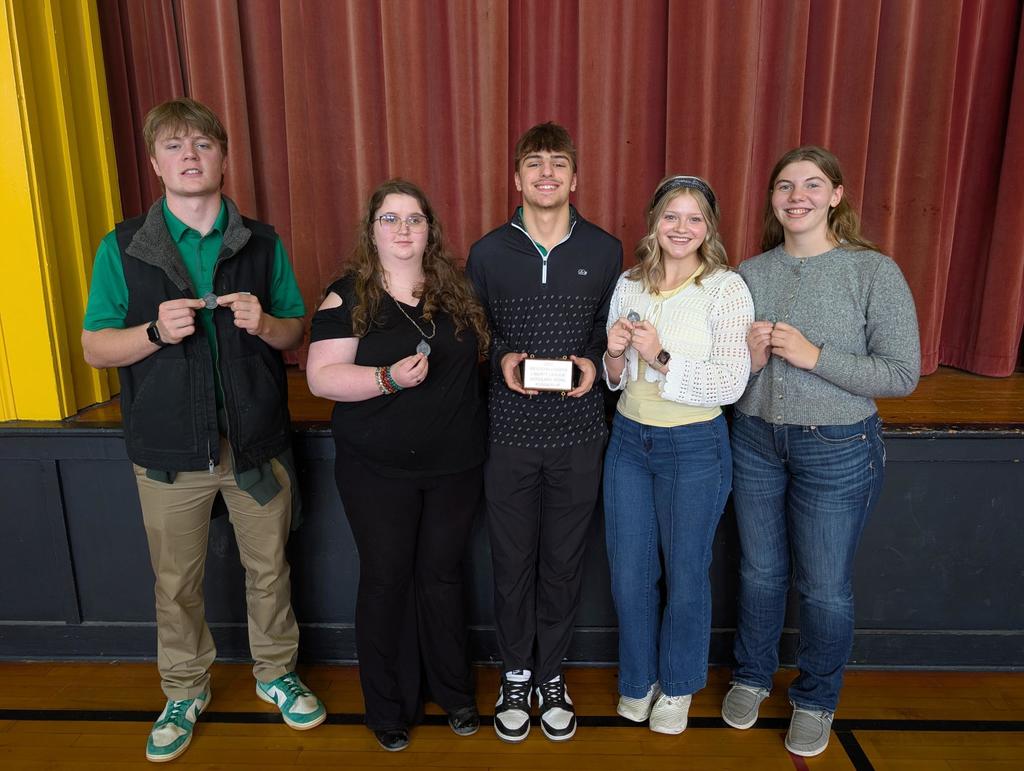
Information for Friday night Elementary Night!

"JERSEY NIGHT"
The Huskies face off against their rival the Logan-Palco Trojans in the Dawg House of Almena on Friday! The Northern Valley Interactive Media Class is spearheading, "Jersey Night", so wear your favorite basketball jersey to the game.
If you don't have one, we encourage you to borrow a GREEN HUSKY jersey when you come to the game. NV Junior High Students will be given a Husky jersey when they arrive at the game to fill the student section with Green!
The Huskies face off against their rival the Logan-Palco Trojans in the Dawg House of Almena on Friday! The Northern Valley Interactive Media Class is spearheading, "Jersey Night", so wear your favorite basketball jersey to the game.
If you don't have one, we encourage you to borrow a GREEN HUSKY jersey when you come to the game. NV Junior High Students will be given a Husky jersey when they arrive at the game to fill the student section with Green!


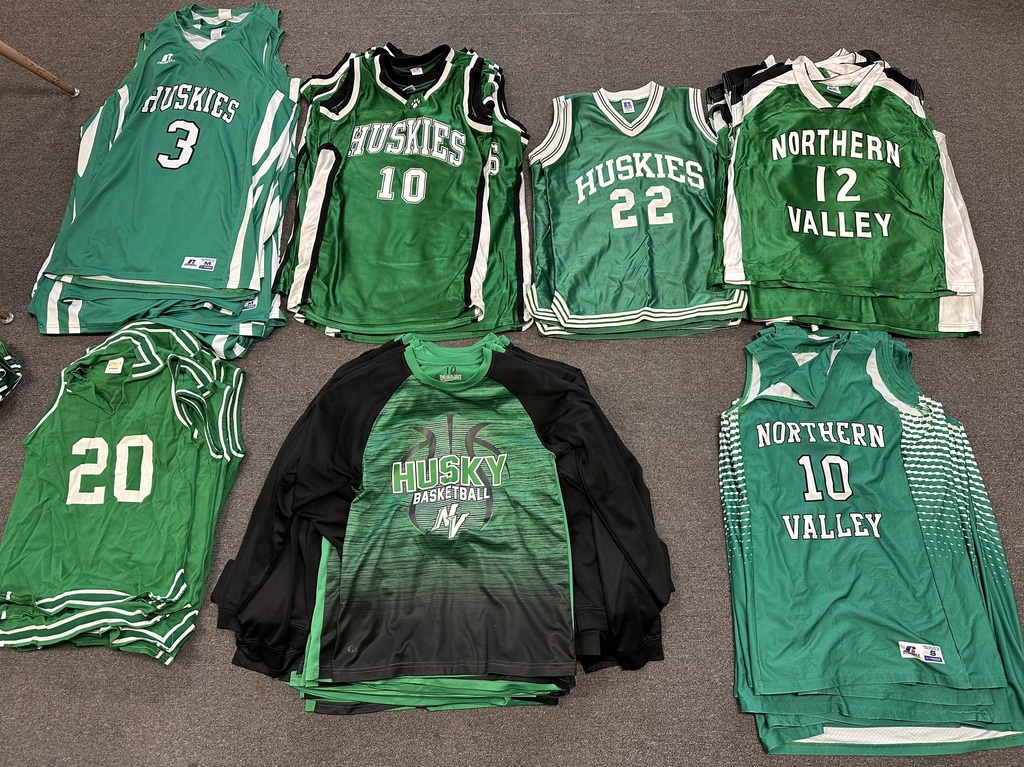
The Northern Valley High School Forensics Team is looking for judges for our upcoming Invitational Tournament. We will be hosting here in Almena on Saturday, February 28th. The tournament begins at 8AM. Judges will need to arrive around 7:40 to pick up their assignments and attend the judges' meeting before the start of the event. We appreciate all of the volunteers who help run a successful tournament! Please get in touch with the school at 785-664-2445 or email Katie Grote at kgrote@nvhuskies.org for more information or to let us know that you are interested in helping us out!
Hey Huskies!! Here is your weekly agenda. I had the wrong location for the WKLL Scholars Bowl on last week's calendar, it is in fact in Palco. We are very excited for the HS BB Games on Friday as it is a huge night for our Elementary Students as well. We have 1st - 4th Grade Basketball during the Halftime of the Girls' Varsity Game and Elementary Dance during Halftime of the Boys' Varsity Game. Let us know if you have any questions!
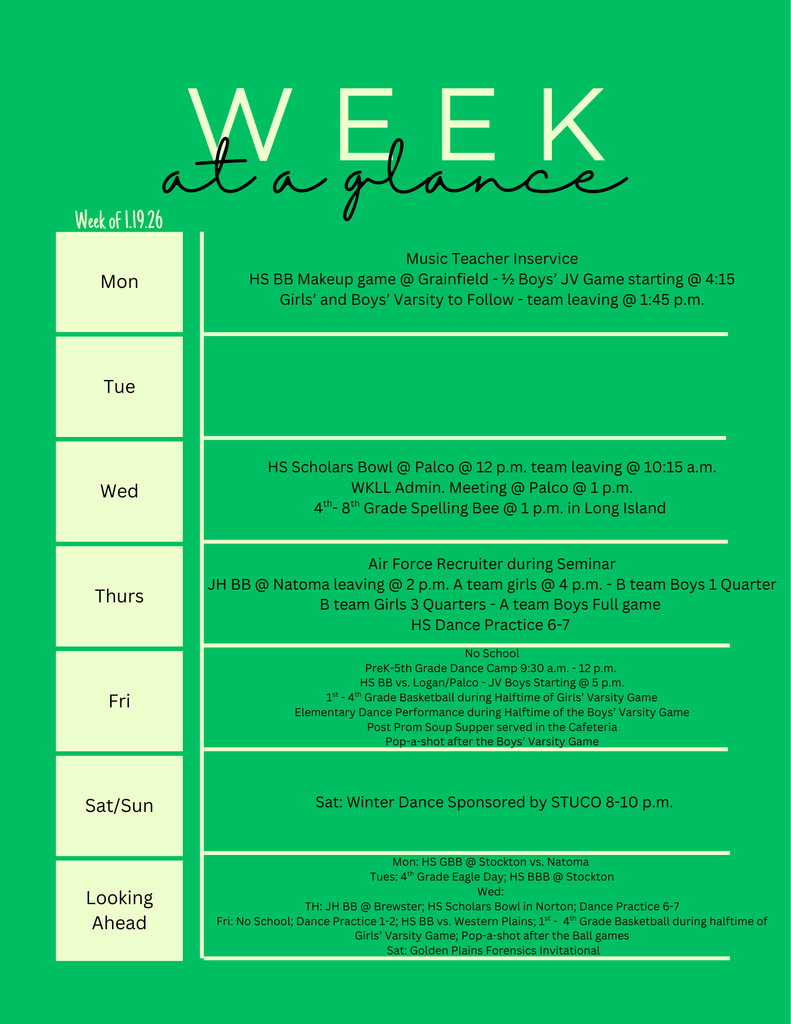
Huskies, we had to add an extra fundraiser to our HS Basketball game nights because the 3-point sponsorship filled up in one night! Valley, you truly are amazing! Here is our next fundraiser... Tonight's Game Ball sponsor is Hays Farms!
If you want to sponsor a night, reach out to Jessie Thalheim! All funds will go towards helping replace scoreboards and put in shot clocks! These are quite expensive, so if you would like to be a larger donor and get your name on a plaque we in the gym let us know!
If you want to sponsor a night, reach out to Jessie Thalheim! All funds will go towards helping replace scoreboards and put in shot clocks! These are quite expensive, so if you would like to be a larger donor and get your name on a plaque we in the gym let us know!

Good Morning Huskies!! Here is our weekly agenda. Busy next couple of weeks, let us know if you have any questions! Have a great week!
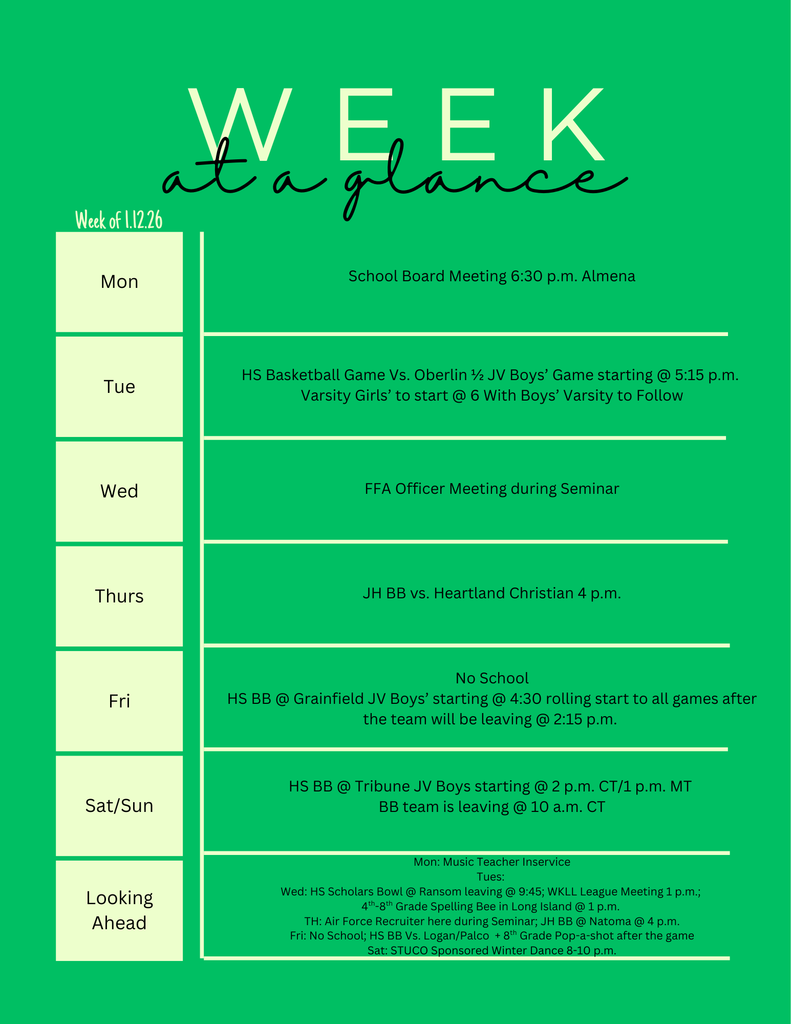
Welcome back Huskies!! What an amazing Christmas break and what crazy weather we are having! We are excited to get back to school, and get the 2nd semester rolling. Here is our Weekly Agenda. Have a Great Week!
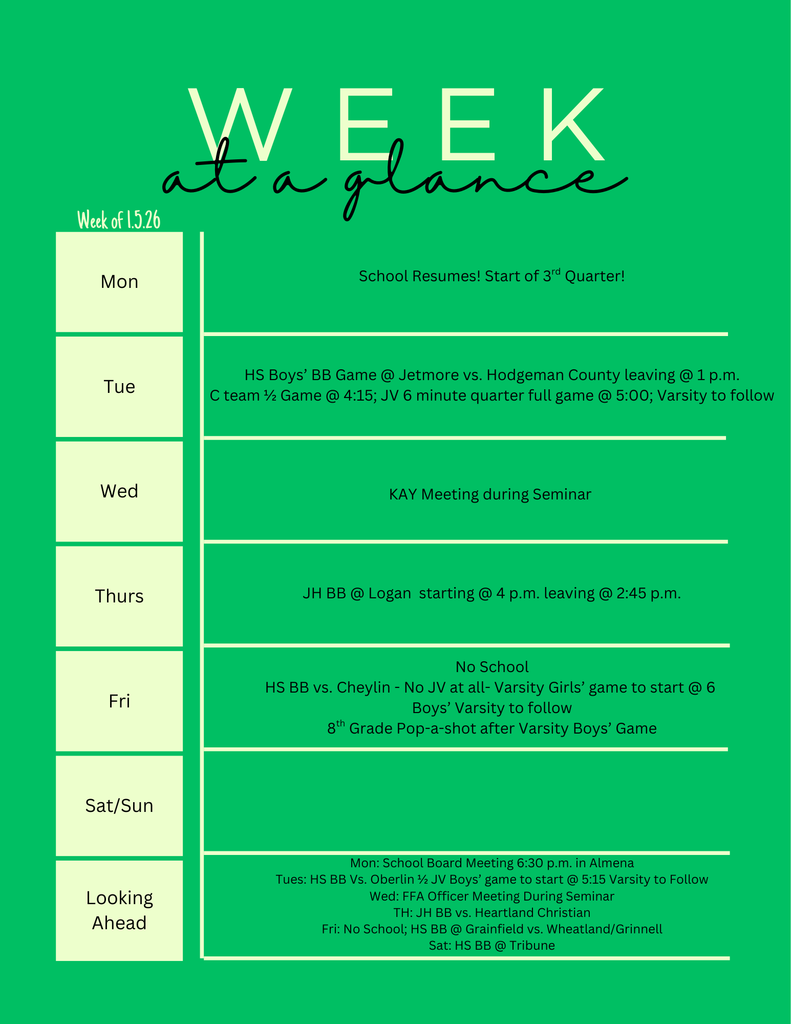
These 3 soaring sopranos (Kylee Ledbetter, Kaylee Miller, and Jennifer Shaffer) endured live auditions to secure a spot in the High School Northwest District Honor Choir. They performed with 140 other singers on December 6th in Beach/Schmidt Performing Arts Center at FHSU. They closed out their concert with a beautiful rendition of "Somewhere Over the Rainbow" combined with the District Honor Band.
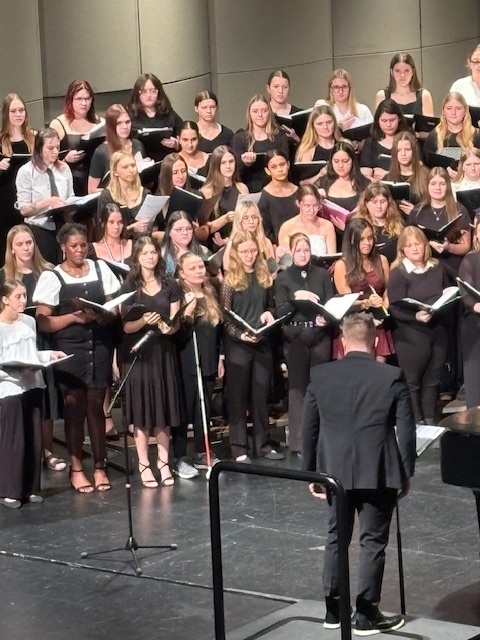
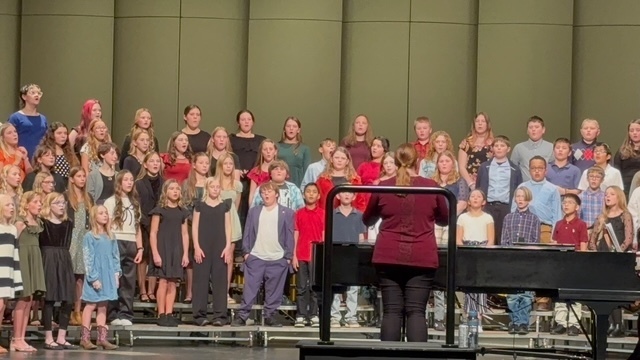
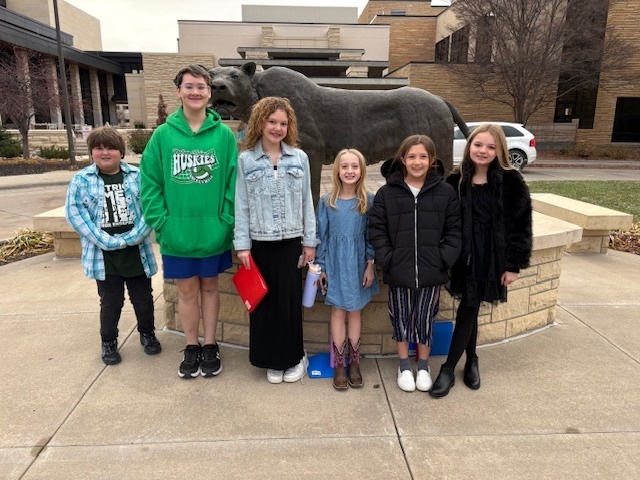
Hello Huskies!! Here is your agenda for the last week of the 1st semester! Yes, we have a full week of school. Then we start Christmas break. Students and Staff return on Jan. 5th. Have a Merry Christmas!!
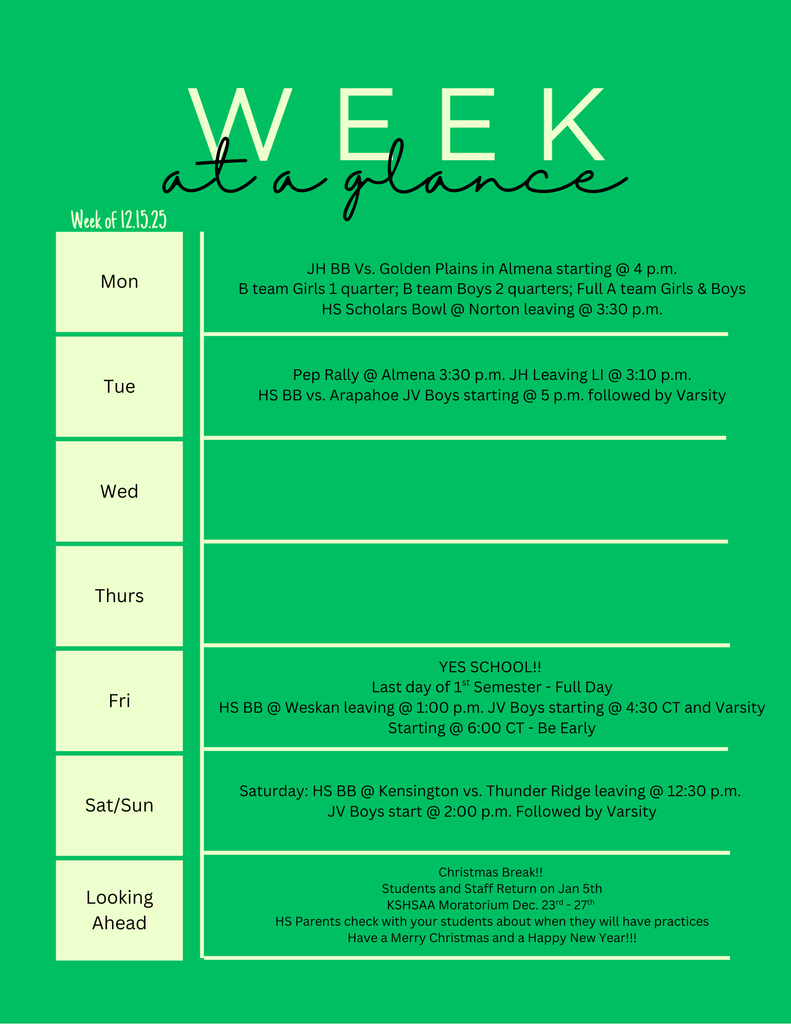
Hey Huskies!! Here are the updated High School Basketball brackets for the Purple and Gold Tournament!

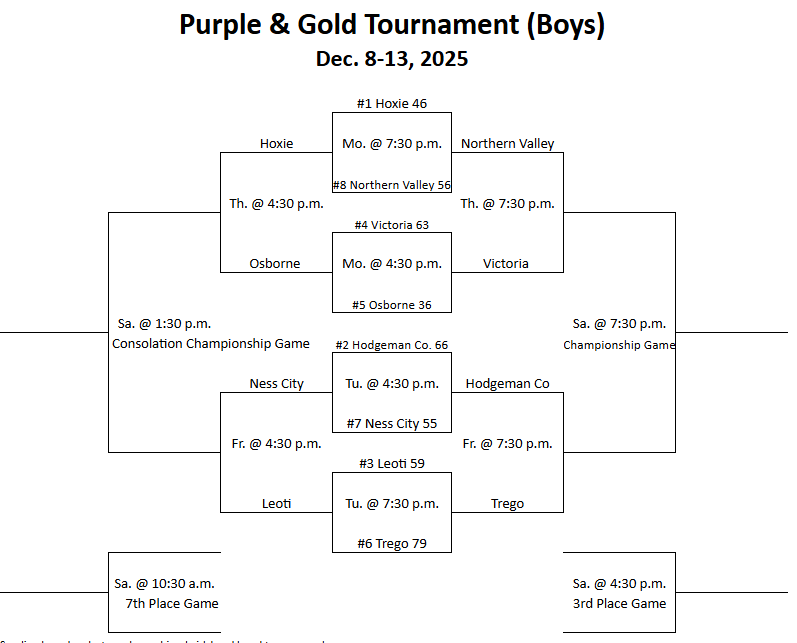
Hey Huskies!! Here are the KAY Sponsored Christmas Dress-up days for all High School Students!! We would also like you to wear your best Christmas attire to the Home High School Basketball game on Tuesday December 16th.
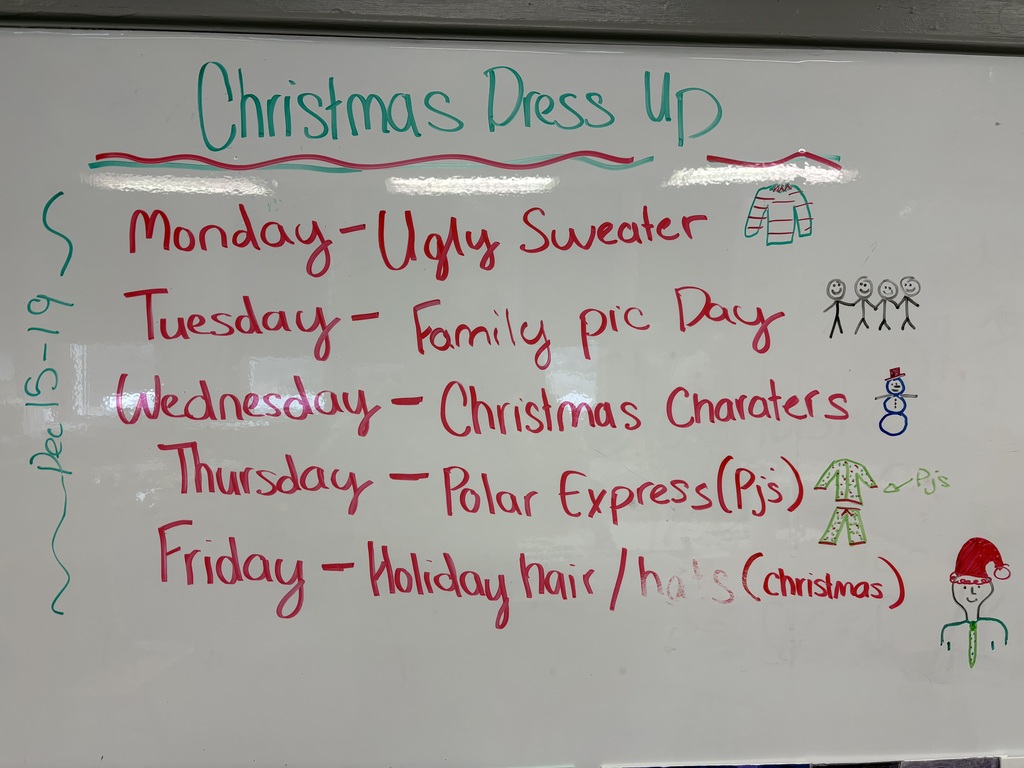
Hey Huskies!! Here are your HS Basketball Purple and Gold Tournament Brackets for this week! Let me know if you have any questions. We will update the calendar after tonight's play ends to show when we would need to travel back to Wakeeney on Thursday. GO BIG GREEN!!


